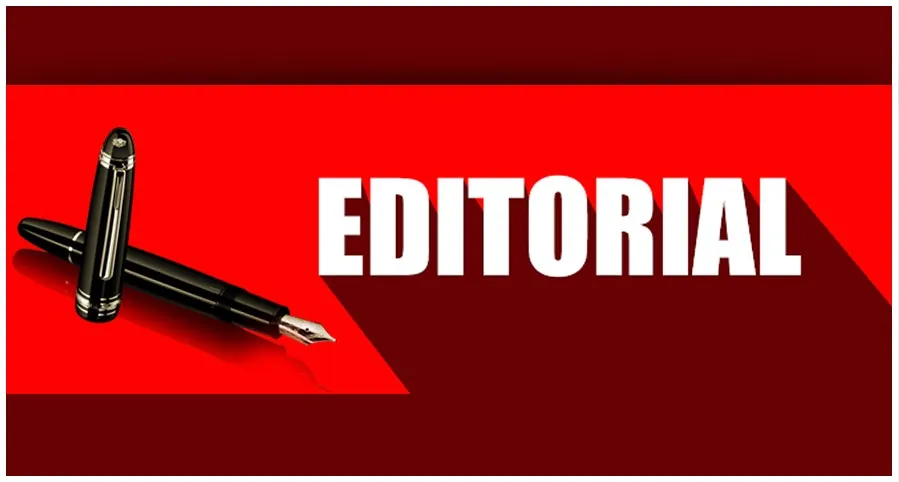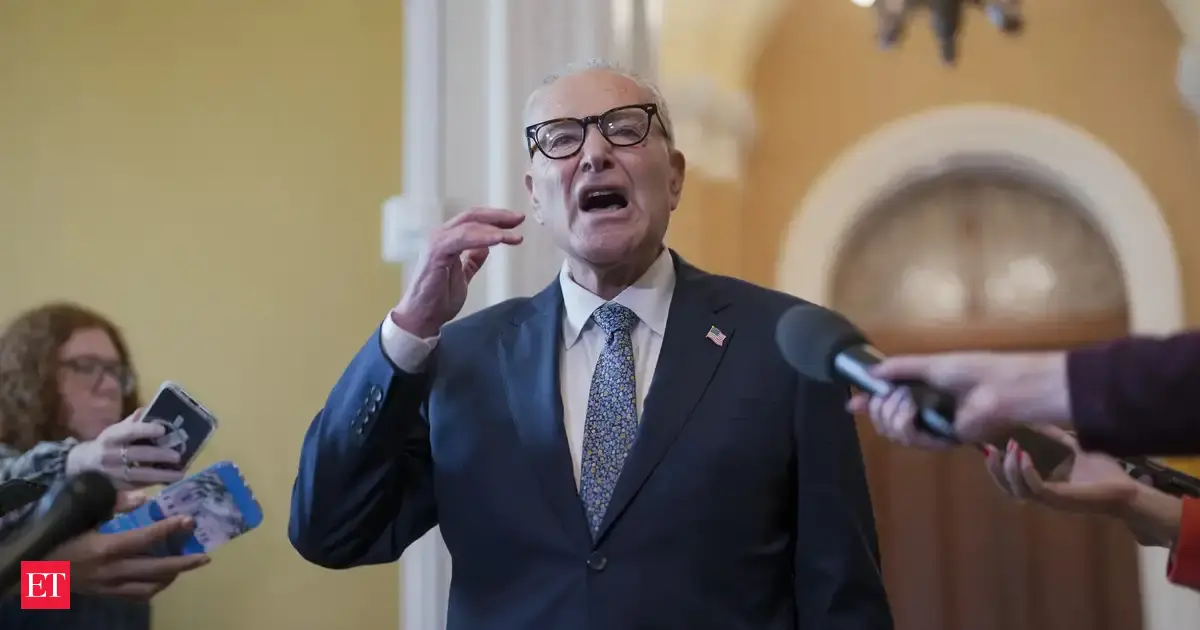By Abubacarr
Copyright standard

In recent days, The Gambia has witnessed a storm of controversy – at least online – over a mini cabinet reshuffle, centring on the removal/reassignment of Mr Modou Ceesay as Auditor General, and his proposed appointment as a minister. Granted, he said to have respectfully declined even though the minister of Information said he initially accepted.
The dispute sharply highlights the importance of following legal and constitutional procedure — especially for offices whose independence is fundamental for good governance such as the office of Auditor General.
To begin with, President Adama Barrow reassigned Auditor General Modou Ceesay to become Minister of Trade, Industry, Regional Integration and Employment. Critics, mainly civic groups such as Gambians Against Looted Assets (GALA) and the Edward Francis Small Centre for Rights and Justice (EFSCRJ), have condemned this move.
They argue that it undermines the statutory independence of the National Audit Office (NAO). The NAO Act 2015, they say, sets clear conditions under which an Auditor General may be removed – incapacity, misbehaviour, incompetence – and through what process – tribunal, medical board – none of which appears to have been followed.
At issue is not simply personalities or politics, but more deeply, the respect for institutional checks in the constitution and statute. Independence of oversight bodies — auditors general, ombudsmen, anti-corruption commissions — is not a luxury; it is a pillar of accountability.
If officials in those bodies can be removed or repositioned at the executive’s discretion, without transparent and fair process, the risk is that oversight becomes a rubber stamp or worse, is neutralised.
Rule of law must be upheld, particularly statutory protections. If laws prescribe specific procedures for removal of office for cause, those must be followed. Government must be able to justify not just that it acted, but how it acted — was there a tribunal, was there proper medical evidence, were findings public.
Transparency is essential. Even when something is legal, lacking transparency breeds suspicion. The public needs to see the evidence or reasons behind a drastic change, especially when moving someone from an oversight role into a political one.
Separation of powers and independence of oversight: Preserving institutional independence isn’t merely ideal—it is necessary for governance to remain credible. Oversight must be insulated from political coercion.
Civic vigilance matters. Civil society, the media, professional bodies, citizen groups must watch carefully and demand that procedural safeguards be adhered to.
In the Gambia’s case, if the president or government believes that Modou Ceesay should not continue as Auditor General (for legitimate reasons), it must use the procedures laid out in law. If no grounds exist, or if the process is not followed, then such moves threaten constitutional order. It is in the government’s interest — and the public’s — that oversight remains strong, legitimate and trusted.
If this controversy leads to a robust, transparent clarification of procedure — and respect for it going forward — that would be a silver lining. But if it becomes yet another example of executive overreach, that will deepen public distrust in institutions. For democracy to thrive, procedure is not just formality: it is protection.



